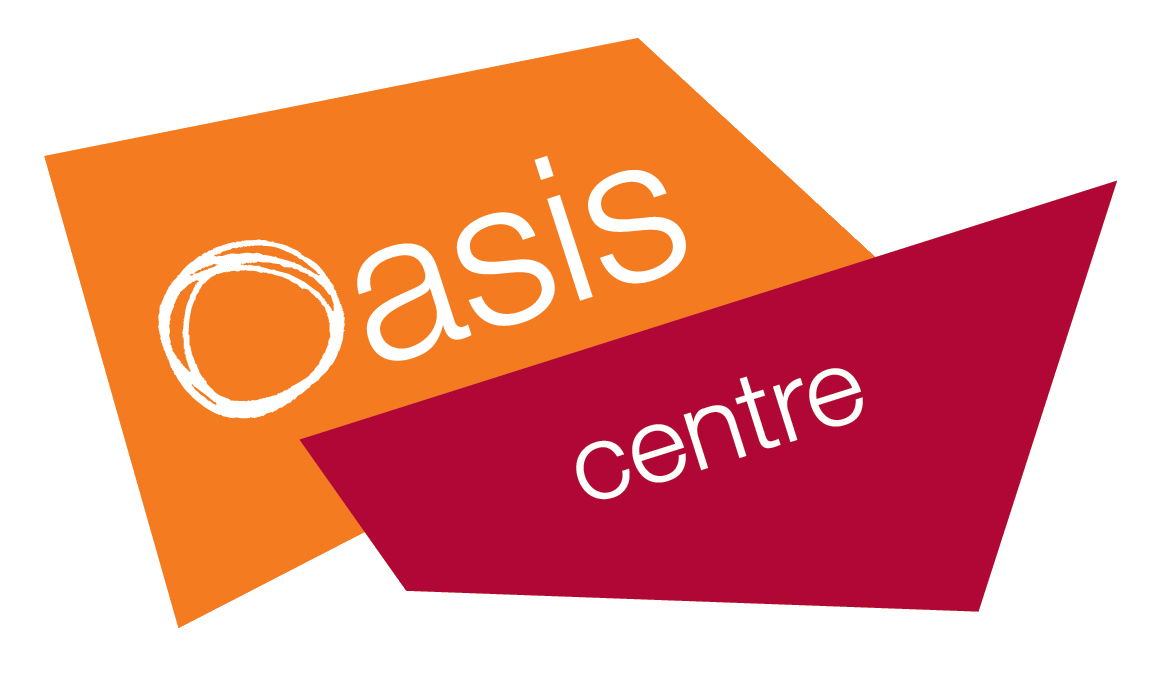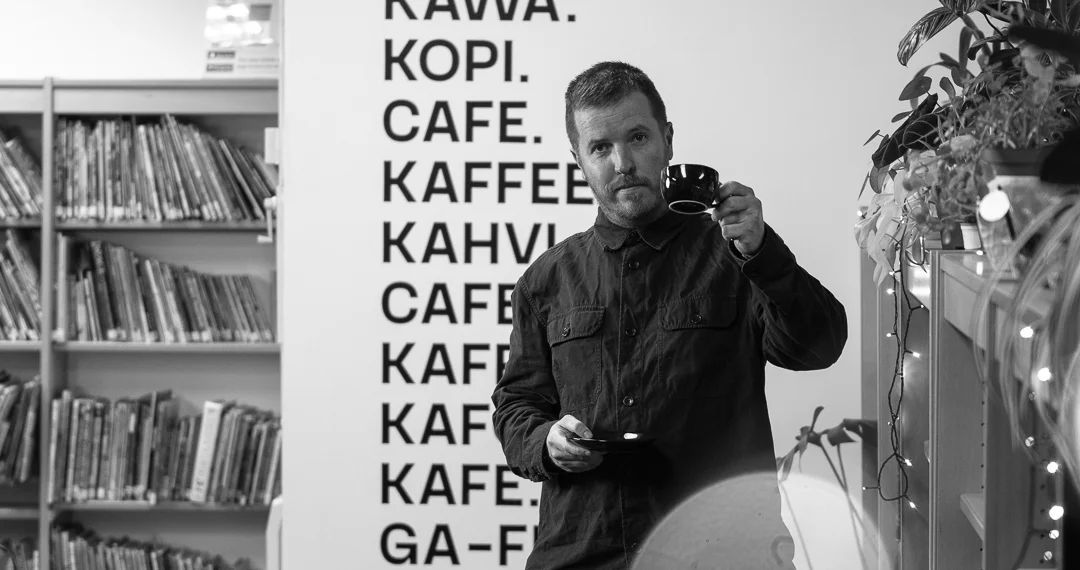
Complaints Policy
We views complaints as an opportunity to learn and improve for the future, as well as a chance to put things right for the person or organisation that has made the complaint.
Our policy is:
- to provide a fair complaints procedure which is clear and easy to use for anyone wishing to make a complaint.
- to publicise the existence of our complaints procedure so that people know how to contact us to make a complaint.
- to make sure everyone knows what to do if a complaint is received.
- to make sure that complaints are investigated fairly and in a timely way.
- to make sure that complaints are, wherever possible, resolved and that relationships are repaired.
- to gather information which helps us to improve what we do.
DEFINITION OF A COMPLAINT
A complaint is any expression of dissatisfaction, whether justified or not, about any aspect of our organisation – administration, a staff member, process, or service – resulting from a failure to meet the individual’s expectations.
This policy does not cover complaints from staff, who should refer to our Grievance Procedures.
CONFIDENTIALITY
All complaint information will be handled sensitively, telling only those who need to know and following any relevant data protection requirements.
COMPLAINTS HANDLING PROCEDURE
We want to make it easy for you to contact us and to provide feedback or make a complaint.
These are the ways you can get in touch with us:
- Face to face: if you are dealing with a member of staff or volunteer and you wish to complain, then please speak to them directly. It may be possible to resolve the issue immediately. However, if that is not possible, then he/she will record the details of your complaint and will send it through to the Crosby Collective Chief Executive Officer.
- You can call us on 07557083263 and your complaint will be documented.
- You can email us on info@thecrosbycollective.com
- You can write to us at Park Library, Ave Vivian, Scunthorpe DN15 8LG
In all instances where a complaint is made using the above means, we will contact you within 7 days of receiving the complaint. If you provide us with a telephone number and/or email address, we will contact you by either of those means to discuss the matter further and to officially record all necessary details. Hopefully, we can resolve the matter immediately.
However, if the issue is more complex and an investigation is required, we will do the following; the person who receives a complaint will:
- Record full details of your complaint.
- Note down the relationship of the complainant to us, e.g., sponsor, beneficiary, service user.
- Take all necessary steps to investigate the matter.
- Contact you again within 15 working days of receiving the complaint to advise you of our findings or to give you an update on progress.
- Continue to keep you informed until the matter is resolved to your satisfaction or until all appropriate steps (in our reasonable opinion) to resolve the matter have been taken.
RESOLVING COMPLAINTS
Our commitment to you is to address each complaint in a sensitive, fair, transparent, equitable, professional, and unbiased manner through the complaints handling process.
We will operate at all times from the premise that any person is entitled to express his or her views on our services and that those views should be taken seriously where this is warranted.
We will not, however, tolerate any abusive or discriminatory language or behaviour towards any of our staff, and may decline to investigate a complaint further in such circumstances.
STAGE 1
In many cases a complaint is best resolved by the person responsible for the issue being complained about. If the complaint has been received by that person, they may be able to resolve it swiftly and should do so if possible and appropriate. Whether or not the complaint has been resolved, the complaint information should be passed to the Chair within 7 working days.
On receiving the complaint, if not already resolved, the Chair will delegate an appropriate person to investigate it and to take appropriate action. If the complaint relates to a specific person, they should be informed and given a fair opportunity to respond.
Complaints should be acknowledged by the person handling the complaint within 7 working days. The acknowledgement should say who is dealing with the complaint and when the person complaining can expect a reply. A copy of this complaint’s procedure should be attached. Ideally complainants should receive a definitive reply within 15 working days. If this is not possible because for example, an investigation has not been fully completed, a progress report should be sent with an indication of when a full reply will be given.
Whether the complaint is justified or not, the reply to the complainant should describe the action taken to investigate the complaint, the conclusions from the investigation, and any action taken as a result of the complaint.
STAGE 2
If the complainant feels that the problem has not been satisfactorily resolved at Stage 1, they can request that the complaint is reviewed at Board level.
At this stage, the complaint will be passed to the Board of Trustees. The request for Board level review should be acknowledged within 7 working days of receiving it. The acknowledgement should say who will deal with the case and when the complainant can expect a reply.
The Board of Trustees may investigate the facts of the case themselves or delegate a suitably senior person to do so. This may involve reviewing the paperwork of the case and speaking with the person who dealt with the complaint at Stage 1. The person who dealt with the original complaint at Stage 1 should be kept informed of what is happening.
If the complaint relates to a specific person, they should be informed and given a further opportunity to respond. Ideally complainants should receive a definitive reply within a month. If this is not possible because for example, an investigation has not been fully completed, a progress report should be sent with an indication of when a full reply will be given.
Whether the complaint is upheld or not, the reply to the complainant should describe the action taken to investigate the complaint, the conclusions from the investigation, and any action taken as a result of the complaint.
The decision taken at this stage is final, unless the Board decides it is appropriate to seek external assistance with resolution.
EXTERNAL STAGE
As we are a registered charity, the complainant can complain to the Charity Commission Regulator at any stage.
Information about the kind of complaints the Charity Commission can involve itself in can be found on their website at: https://www.gov.uk/complain-about-charity.
REVIEW OF THIS POLICY AND COMPLAINTS RECEIVED
This policy will be reviewed by us every 12 months and all complaints received (and compliments) will be brought before the Board for review at our regular Board meetings. Through this process of regular review, we aim to improve our services to you and to ensure that any lessons learned are implemented within the organisation.
VARIATION OF THE COMPLAINTS PROCEDURE
The Board may vary the procedure for good reason. This may be necessary to avoid a conflict of interest, for example, a complaint about a Chair or trustee should not also have the Chair and/or trustee involved as a person leading a Stage 2 review.
BECOMING A MEMBER AT CROSBY COLLECTIVE
collaboration is key to everything we do.
Together we are nurturing the skills and creativity that are essential for community prosperity and well-being.
Our doors are always open to those who wish to contribute their talents and energy towards making our community a better place.
Through collaborative events and projects, we aim to provide a platform for individuals to connect, grow, and contribute to our collective flourishing.
We believe in empowering each other to learn, innovate, and succeed.
Useful links
Contact info
PHONE
ADDRESS
Park Library,
Ave Vivian,
Scunthorpe,
DN15 8LG
Sign up for our newsletter
Sign Up For Our Newsletter
We will get back to you as soon as possible
Please try again later

The Crosby Collective was developed by Oasis Hub Henderson Avenue and has been made possible by funding from the Big Lottery Fund and Community Led Local Development (CLLD) Fund.
Copyright 2024 | Oasis Centre
@designedbynomad







